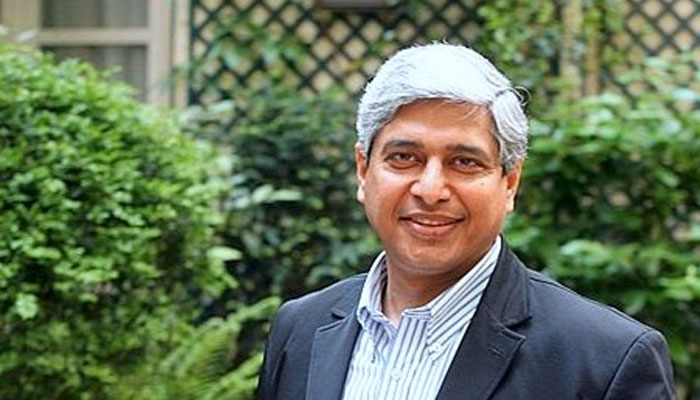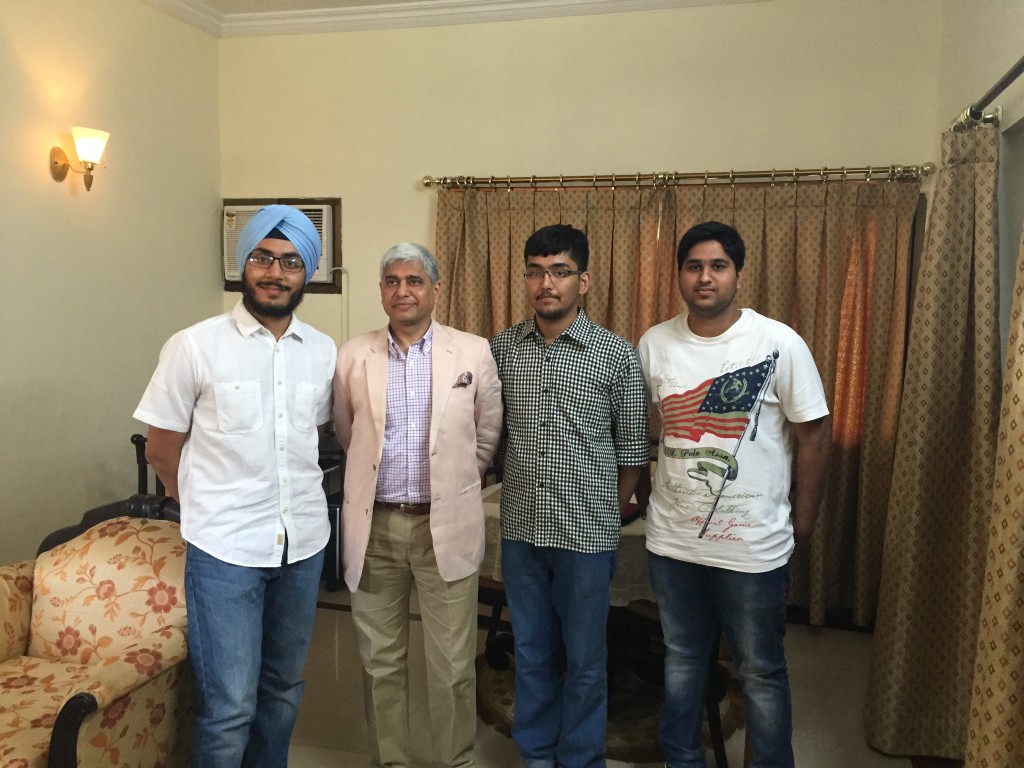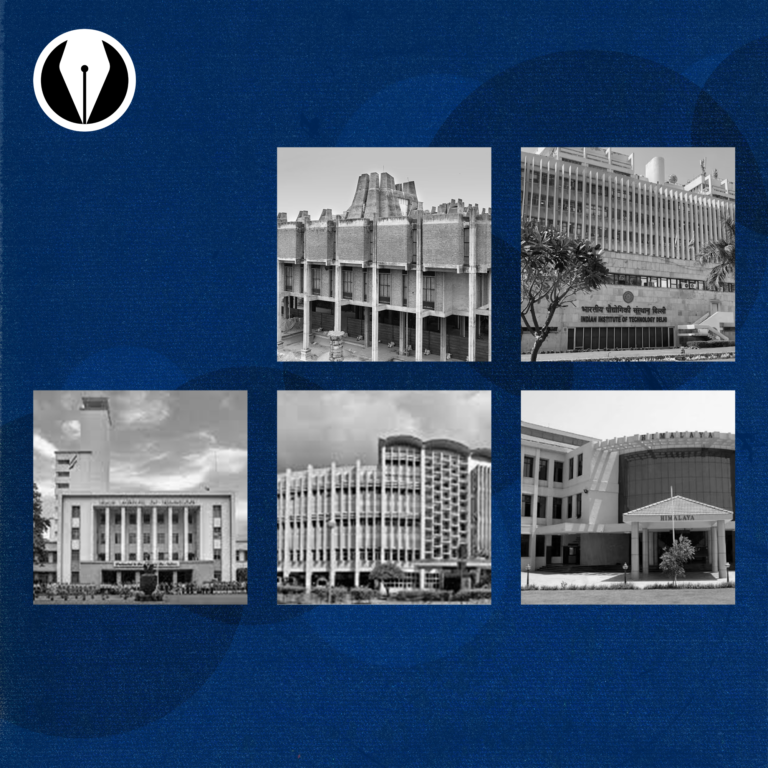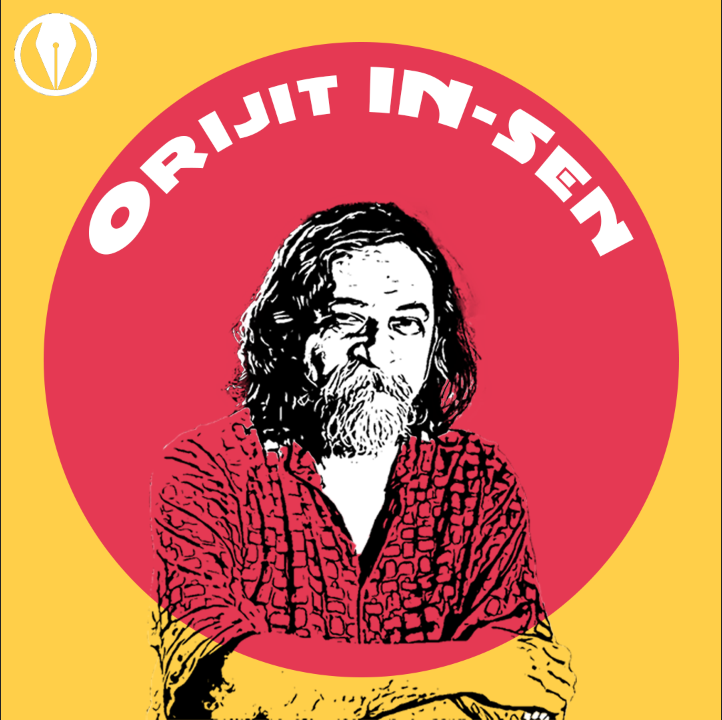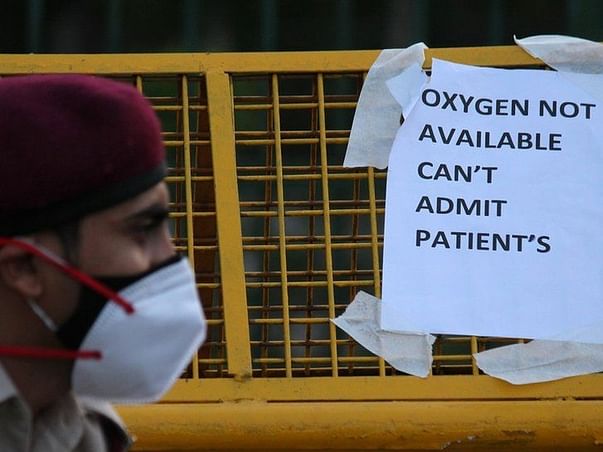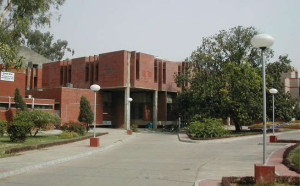Vikas Swarup, best known as the author of “Q&A”, which was later adapted into the Oscar winning motion picture “Slumdog Millionaire”, is the official spokesperson of Ministry of External Affairs and recently visited our campus during Techkriti’16. Following is our conversation with him regarding his book Q&A, MEA , India and much more!
VOX POPULI: How has your experience been at Techkriti’16 and IIT Kanpur so far?
VIKAS SWARUP: I find the IITs enormously inspiring, because the creme de la creme from the young generation have come to the premier technological institutes in the world. I don’t say top institutes of just India because I rate the IITs as high as say for example MIT. If you look at the top CEOs in the world, of Indian origin, many have come from IITs. It’s a different matter that they found success in another country and not our own. The fact is that the base for their achievement was set by the rigorous academic discipline that is characteristic of the Indian institutes of Technology.
So whenever I get the opportunity to come to an IIT, I do that. I’ve been to IIT Delhi, IIT Guwahati, now I’ve come to IIT Kanpur. I wanted to come IIT Kanpur as my wife is also from Kanpur and I’m from Allahabad, so there was this emotional attachment as well.
VOX POPULI: Your diplomatic career has been mostly hidden from the public eye and you are recognized primarily as an author. Did you find it hard to reconcile with the fact of your passion gaining more recognition than your profession?
VIKAS SWARUP: But that’s the way things are supposed to be! Bureaucrats are the faceless people while the ministers get to be the face of the government. This is where lies the contradiction between a writer’s role and a diplomat’s role. Writers are required to be out there promoting their work. Daphne du Maurier famously remarked that ‘Writers should neither be seen, nor heard. They should only be read’ but, that time is gone. These days writers are now much more in the public eye than they used to be but they still have their anonymity. Being a writer, save exceptions like Chetan Bhagat (laughs), you are not immediately recognised in a crowd. Take for example Stephen king, do you remember his face? No, you know his works.
VOX POPULI: In one of your interviews you said that you’ve never actually visited Dharavi. So how were you able to depict it in such detail in your book Q&A?
VIKAS SWARUP: The thing is that all of us Indians have seen slums. In India, you cannot live on an island, isolated from your surroundings.. Even if you are in a five star luxury flat, driving a Mercedes, when the car stops at traffic signal, you’ll find beggars there. The lives of the rich and the poor constantly intersect. So I had not seen Dharavi, but, I had seen slums. To compliment my experiences, I read about Dharavi. I read a book by Kalpana Sharma, books by other writers, saw pictures of Dharavi. In my mind, I tried to imagine Dharavi and I wrote from that perspective.
VOX POPULI: While writing your first novel, you completed it in a short span of two months. So how were you able to manage your time between your diplomatic commitments and passion of writing?
VIKAS SWARUP: If you have the passion then you find the time. At that time I was posted in London, was the political counsellor and the Second Gulf War was being fought. So I was required to report everyday. So from 9 to 9, I would be in office and then I would do research, late at night. I would write only on weekends. So I wrote this novel in actually eight or nine weekends.
The whole idea came to me as a package, and the advantage of your first novel is that you write un-self-consciously. When you write subsequent novels, you compare it with the first one, in terms of sale, appreciation, acceptance etc. But when you write your first novel, you have no concept of success or failure. My first novel took 2 months, the second and third took 1 and ½ years and then it regularly took about the same time.
VOX POPULI: In continuation with the previous question, the concept of having Q&A background was clear to you, but how did you choose to include the slums?
VIKAS SWARUP: Slums were indeed very important, because for me the eureka moment was when KBC began. In KBC, the organisers themselves say, this is not about your knowledge, it’s about “Do you know the value of money?” I wanted to show that the person who comes for the show, has no interest in money, on the top of it, he is not even literate. Because my main aim was to show, “That the biggest teacher in world is life itself”. Schooling is one aspect of learning but what life teaches you is completely different and the ones who are able to pass the school of life can face any situation.
VOX POPULI: You have worked for the Foreign services in various countries like USA , UK , Japan , South Africa … What difference have you observed in the work cultures between India and these places? Where can we improve as a nation?
VIKAS SWARUP: The advantage of having worked in foreign countries is that you get a yardstick to compare your own country against. The countries I have worked in lie at both ends of the spectrum. There have been countries India can take inspiration from and there are many for whom India is an inspiration. India has shown the way to the world in areas like Right to Information and the Green Revolution.Every country has its merits and demerits and it is not prudent to cut and paste policies across geographies.
VOX POPULI: Many students here at IIT Kanpur choose to become IAS officers but IFS doesn’t seem to be top on the list for them? How would you like to inspire these students to seriously consider IFS as a career option?
VIKAS SWARUP: Being the head of the External Publicity Division of MEA, I am aware about this issue and to take care of it, the ministry is releasing a video titled ‘WMD – What ministry does’. The film Airlift did bring the ministry some publicity by depicting that they had a role to play in the evacuation. The problem is in the lack of appreciation for the work done by the MEA. People feel that the only thing we do is ‘protocol and alcohol’. Ninety percent of the people don’t even know that the MEA and not the MHA issues passports.
There is immense satisfaction associated with the job. What bigger responsibility than representing your country in a foreign country and upholding the respect of the flag on foreign soil. Today’s globalised society gives immense opportunity to serve your nation’s interests through the implementation of foreign policy. One of the most important areas where we make an impact is security of the nation. The terrorism in Pakistan directly affects India and we need to take measures to stop that from happening.
Interviewed by Simrat Singh and Mayank Chauhan




